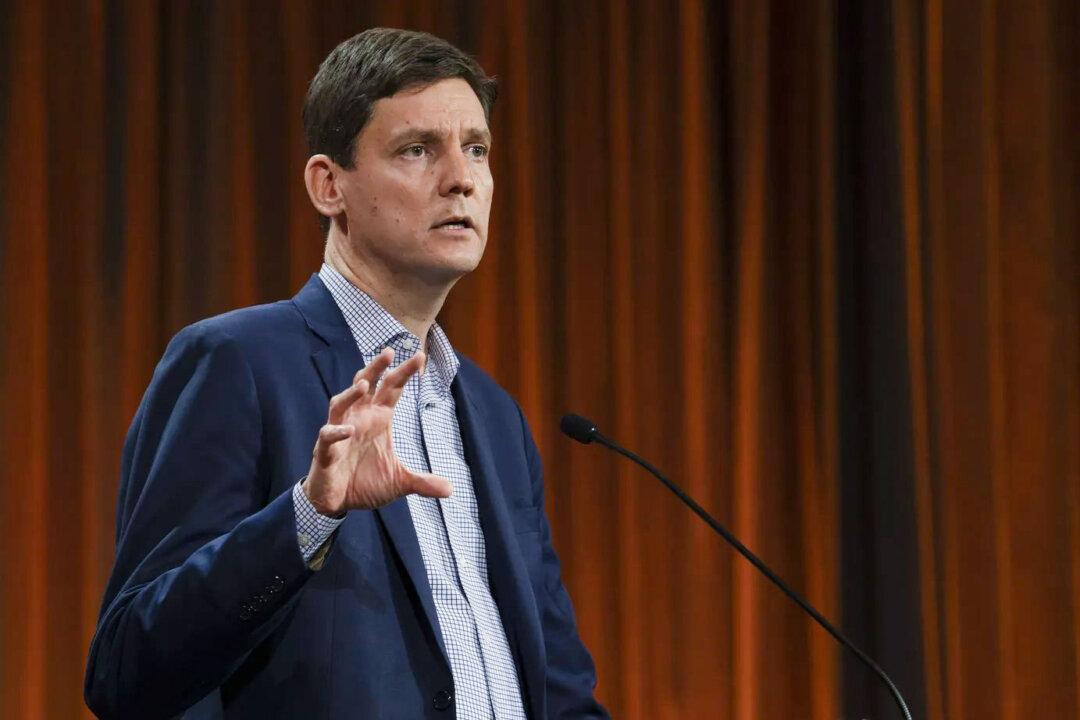A particularly violent stranger attack in Vancouver on Sept. 4 was a catalyst for calls to get dangerous individuals off the street through “mandatory care.” It may be seen as the straw that broke the camel’s back.
Some mayors in the province had already long called for mandatory care, and Premier David Eby joined them on Sept. 15. At the annual meeting of B.C. municipal leaders this week, 10 mayors, three First Nations leaders, and Vancouver’s police chief also threw their support behind the approach.






